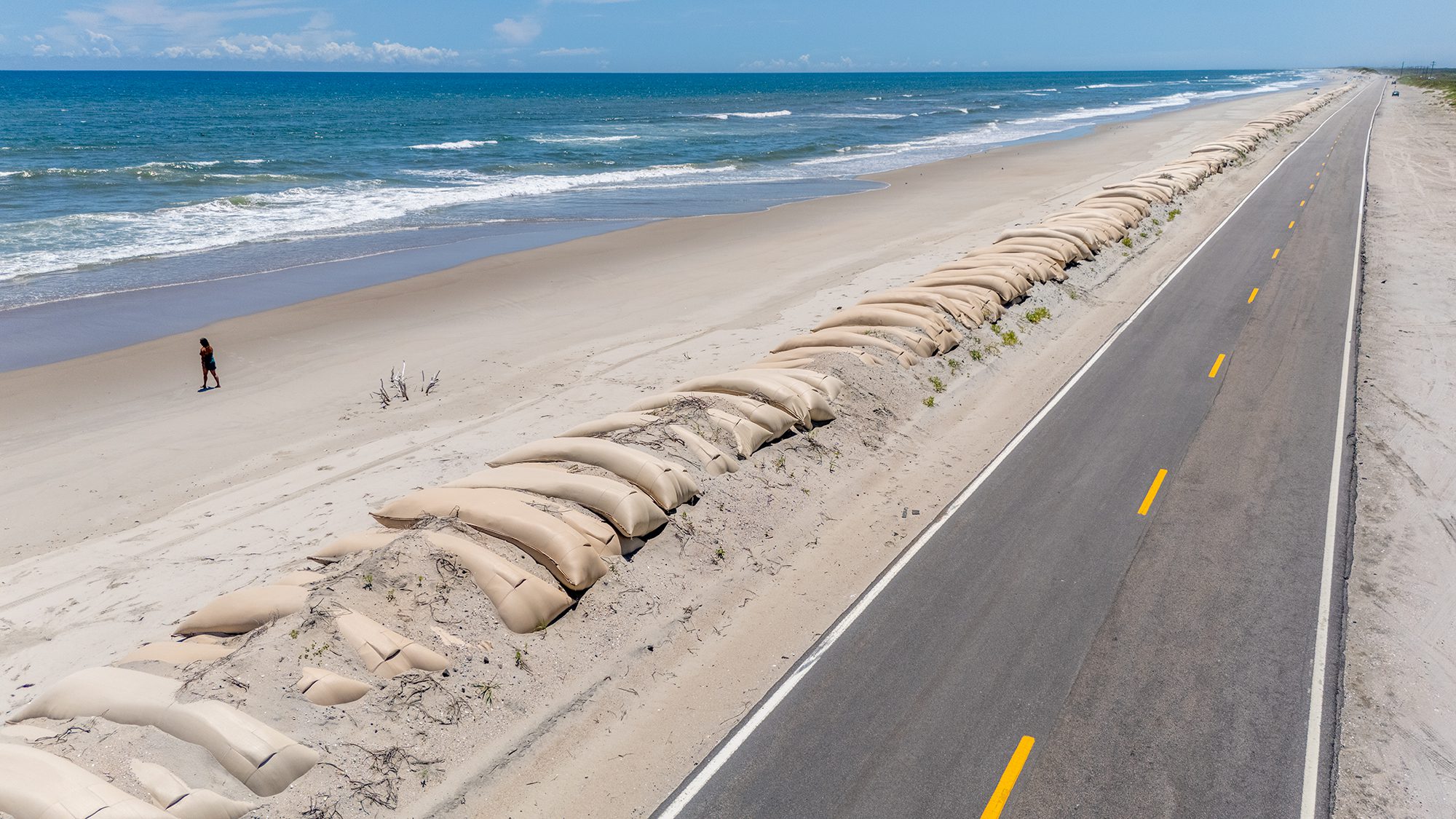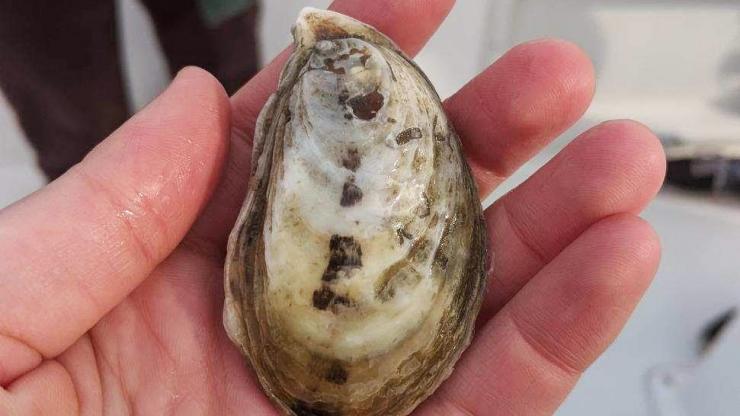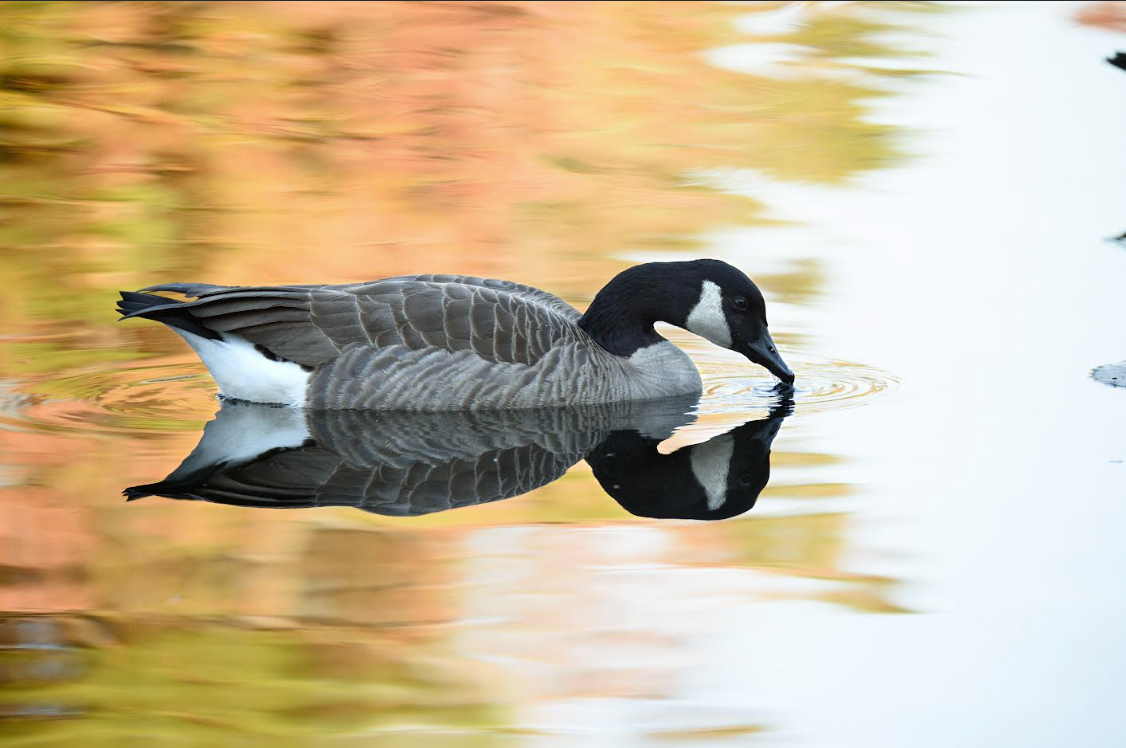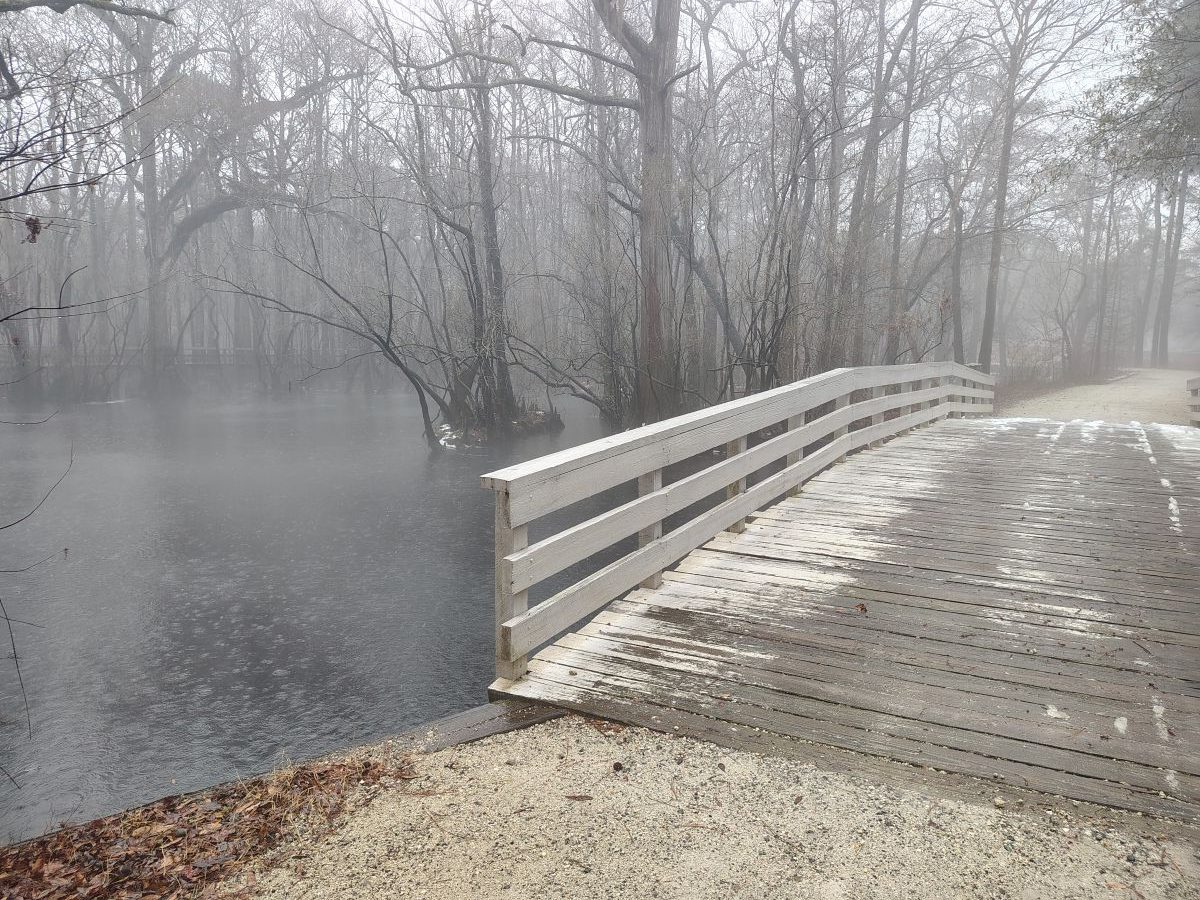ST. PETERSBURG, Fla.— The nonprofit Center for Biological Diversity announced Monday it had filed legal action against the U.S. Fish and Wildlife Service over the agency’s failure to determine if endangered species protections for the black-capped petrel are warranted.
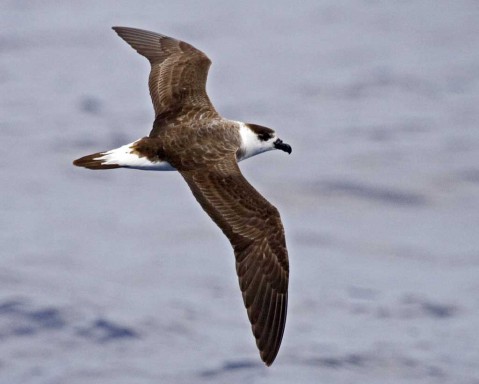
These cliff-dwelling seabirds forage off the Atlantic coast from North Carolina to Florida. They were once believed to be extinct, but a few breeding colonies remain in the Caribbean.
Supporter Spotlight
“Petrels have a deadly attraction to oily surfaces, so delaying their protection while moving forward with new offshore drilling is a recipe for extinction,” said Jaclyn Lopez, Florida director at the center. “Before this bird’s fishing grounds are opened up for oil drilling, the federal government must meet its obligations under the Endangered Species Act.”
On Sept. 1, 2011, WildEarth Guardians, a Santa Fe, N.M.-based, wildlife-protection organization, submitted a petition to protect the black-capped petrel under the act because of its low population and threats to its survival. The act requires the service to determine whether listing the black-capped petrel as threatened or endangered was warranted no later than one year after it received the petition, or Sept. 13, 2012. The service had not made a decision as of this week, according to the center’s lawsuit.
There are only 13 known breeding colonies in Haiti and the Dominican Republic and fewer than 2,000 breeding pairs. The petrel is considered endangered by the International Union for Conservation of Nature. It’s threatened by the destruction of its breeding habitat through deforestation as well as contamination and oil and gas development, according to the group.
President Barack Obama recently opened the Atlantic Coast to seismic exploration activities for oil and gas, and the Department of the Interior is reviewing 10 applications for permits. Additionally, the administration proposed a plan to offer an area off the mid-Atlantic for drilling in its five-year plan for offshore oil leases.


